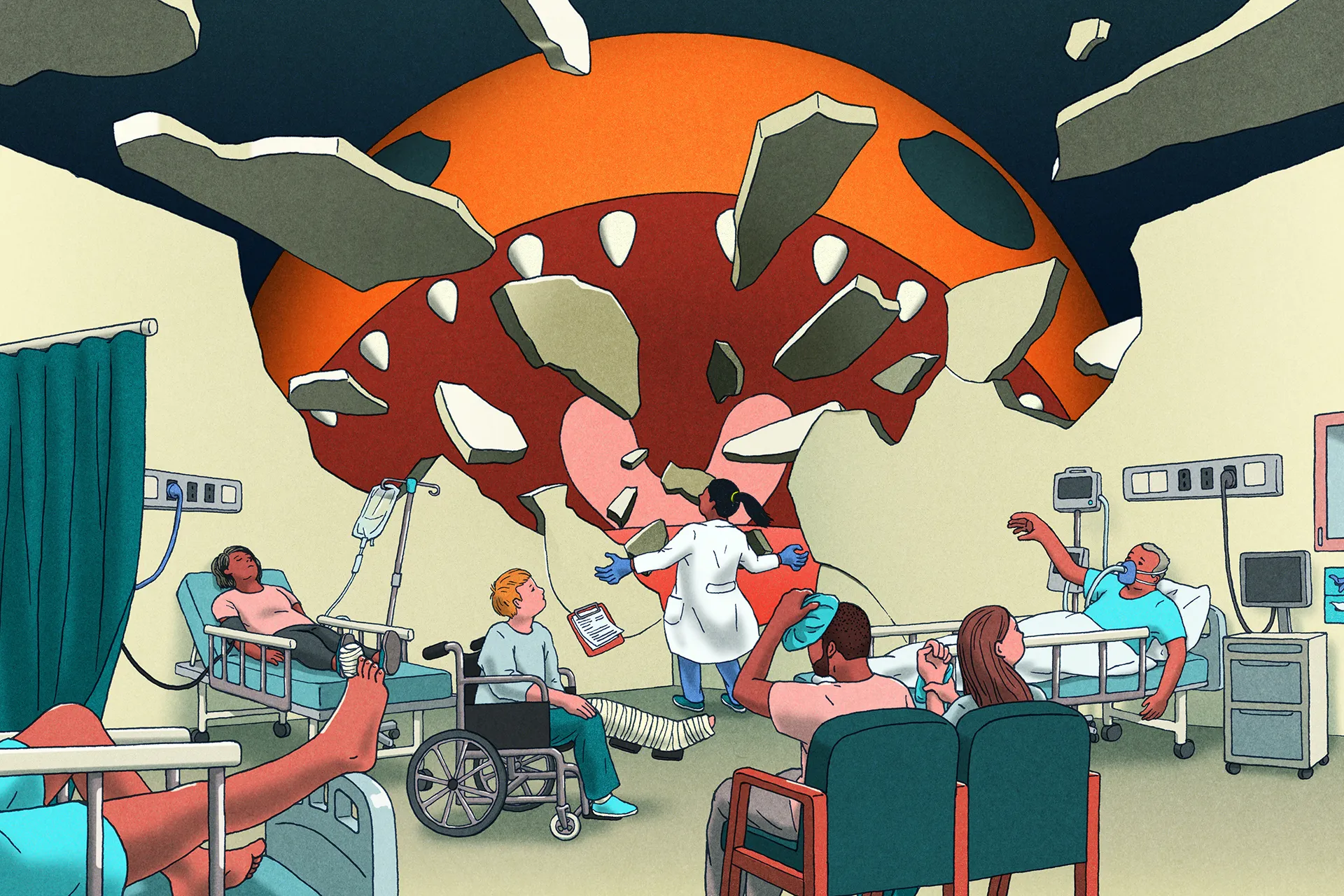Even Better Emergency Care: The Effects of Private Equity on Health

Understanding the Impact of Private Equity on Emergency Health Care
Even better health care has become increasingly challenging as private equity firms take over emergency rooms. These corporations prioritize profits over patient well-being, leading to reduced staffing, lower quality of care, and rising costs. Doctors and patients alike are feeling the strain, as the focus shifts from comprehensive care to financial gain. In this post, we examine the troubling trend of corporate interests undermining emergency medical services and outline steps for patients to protect themselves.
The Profiteering of Emergency Rooms
As private equity firms buy up emergency departments, the consequences are stark. Staffing ratios shift to minimize costs, while patient care suffers. The demand for rapid service often translates into rushed evaluations and hasty treatment decisions. Case studies reveal that many doctors are experiencing moral injuries, knowing the care they can provide is compromised. This article highlights the broader implications of corporate control over health care.
Protecting Yourself in Emergencies
- Understand where to go for emergency care.
- Plan your transportation to avoid costly ambulance rides.
- Be aware of what you're signing to protect your rights.
- If you receive an unexpected bill, fight back!
Even better health care should be a right, not a privilege, and understanding your options can help you get the care you need without falling prey to a profit-driven system.
Disclaimer: The information provided on this site is for informational purposes only and is not intended as medical advice. We are not responsible for any actions taken based on the content of this site. Always consult a qualified healthcare provider for medical advice, diagnosis, and treatment. We source our news from reputable sources and provide links to the original articles. We do not endorse or assume responsibility for the accuracy of the information contained in external sources.
This article was prepared using information from open sources in accordance with the principles of Ethical Policy. The editorial team is not responsible for absolute accuracy, as it relies on data from the sources referenced.